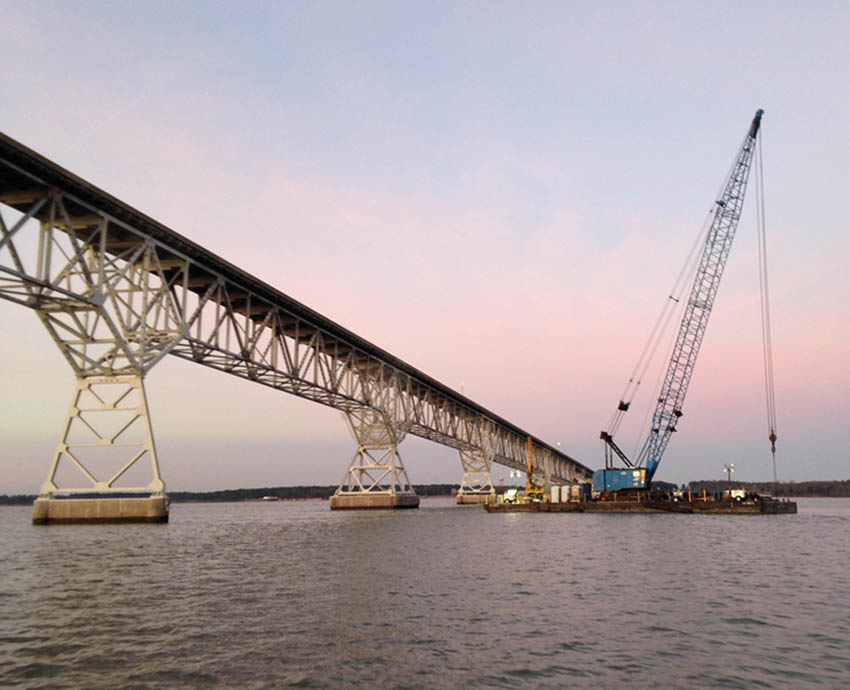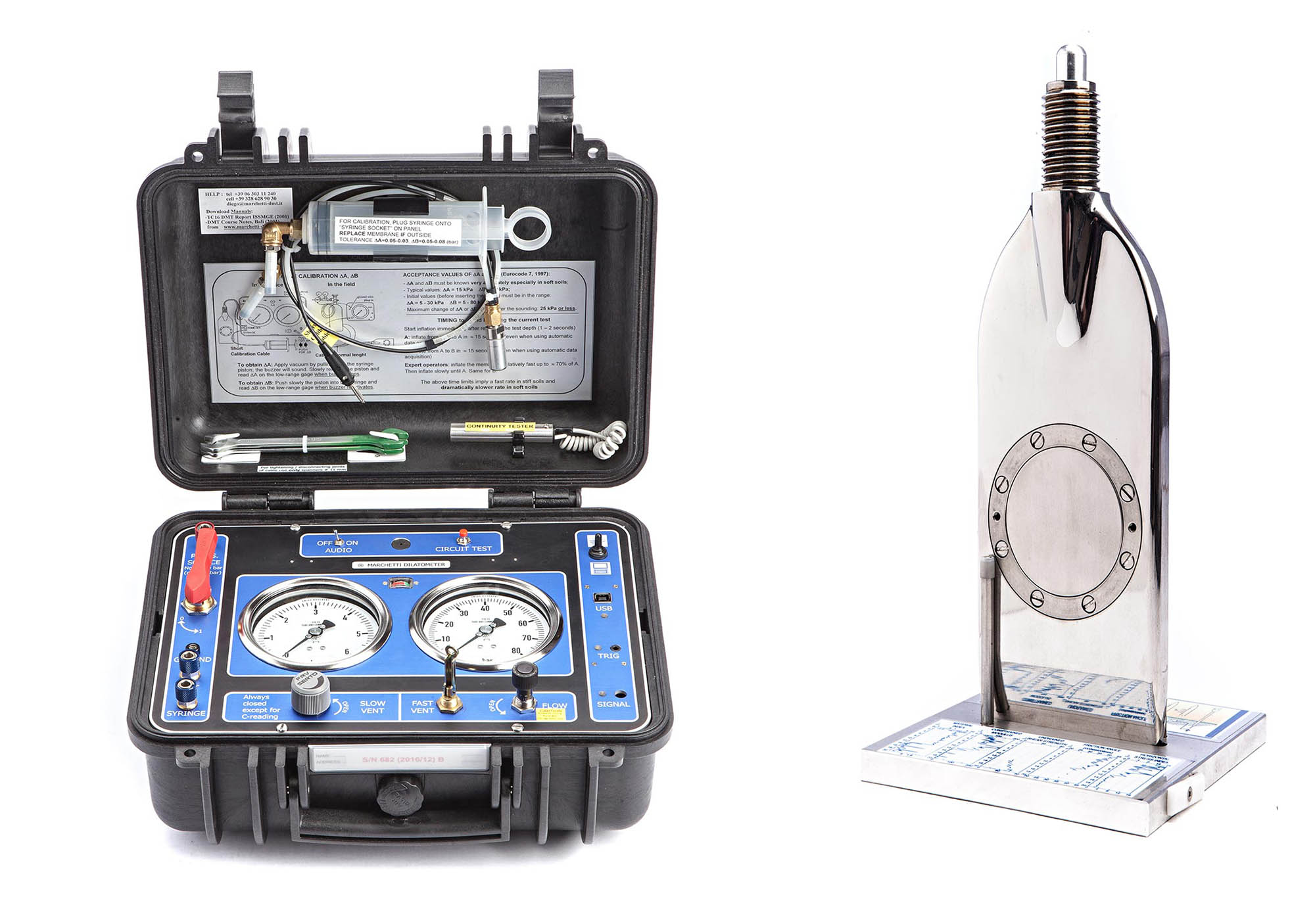Studio Prof. Marchetti is the Italian manufacturing company and patent owner of the Marchetti Flat Dilatometer (DMT), Seismic Dilatometer (SDMT) and Medusa DMT soil testing equipment. The instrumentation is manufactured, assembled and calibrated in Rome (Italy) and distributed directly or through local distributors in over 80 Countries since 1980.
Easy Engineering: What are the main areas of activity of the company?
MARCHETTI: The main activity of the company is to design and supply worldwide advanced equipment for onshore and offshore soil investigations. In place of overconservative design caused by uncertainty in soil characterization, DMT and SDMT instrumentation provides accurate soil parameters for optimizing engineering design and implementing a cost effective solution. In particular, the DMT provides geotechnical parameters for static analysis of new constructions and for monitoring existing structures, while the Seismic Dilatometer (SDMT) provides seismic wave velocities for dynamic analysis and safe seismic design.
The DMT is especially known for providing highly accurate estimations of operative moduli for the prediction of settlements. The standard DMT parameters are Material Index ID, Constrained Modulus M (MPa), Undrained Shear Strength Cu (kPa) and Horizontal Stress Index KD. The SDMT provides, in addition to the DMT parameters, also the shear wave velocity Vs and the small strain shear modulus G0.

E.E: What’s the news about new products?
MARCHETTI: Current soil testing technologies do not provide reliable parameters for compressibility, stress history, horizontal stress of the soil nor accurate and cost-effective shear velocity measurements. In tailing dams such soil information plays a key role to prevent disasters caused by soil liquefaction and stability analysis.
Similarly, in nearshore and offshore projects, such as wind farms, accurate and reliable soil measurements may lead to huge cost savings in foundation design and to a higher overall safety of the structure.
The Medusa DMT is a recent technological innovation consisting in a fully automated dilatometer able to autonomously perform dilatometer tests. Compared to the standard dilatometer equipment, it does not require a gas tank, nor a control unit nor a pneumatic cable and the membrane inflation/deflation is automated. These features make it particularly suitable for offshore tests, in terms of simplicity, accuracy and test procedures.
The Medusa DMT project received the Seal of Excellence certificate recognition, delivered from the European Commission under the Horizon 2020 program.
Moreover, the Medusa DMT tests were sponsored by EIT RawMaterials, the worlds’ largest Open Innovation Consortium in the mining sector, for the interest in safe mining operation obtainable. The tests allowed to optimize the product design, bringing the technology to TRL7 (demo in operational environment) confirming the interest and feasibility.
So far, the equipment has been validated in several onshore and offshore projects and is ready to go to the market.

E.E: What can you tell us about market trends?
MARCHETTI: The global Soil Testing Equipment market was valued at US$ 827.3 million in 2018 and is projected to increase significantly at a CAGR of 4.3% from 2019 to 2028. Hence the market will overcome US$ 1.1 billion in 2025.
E.E: What estimations do you have for 2022?
MARCHETTI: For 2022, we expect to fully complete the integration of the Medusa DMT with also seismic sensors, to launch the new product in the mining sector and to enter the offshore markey by combining it with different offshore pushing machines, such as the Manta and Roson seabed system.
In the longer term, the company aims to implement its own already patented seabed pushing technology (Seafloor DMT), that would enable offshore tests through Marchetti’s fully integrated technology.

